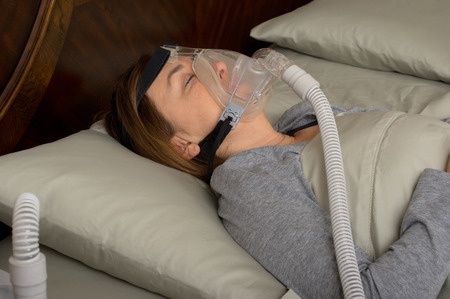 Do you find yourself waking up each day feeling more drained and exhausted than when you climbed into bed the night before? If so, you might be wondering whether you’ve got sleep apnea, and if so, what can be done to address the problem.
Do you find yourself waking up each day feeling more drained and exhausted than when you climbed into bed the night before? If so, you might be wondering whether you’ve got sleep apnea, and if so, what can be done to address the problem.
However, whilst sleep apnea is a common condition, affecting millions of people across the country, sometimes, your sleep problem could be caused by other factors. Here’s some of the more common things affecting the quality of your sleep.
Sleep Disturbing Habits
Getting a good night’s sleep is vital to healthy human functioning. However, certain lifestyle choices could be having a negative impact on your sleep. These include:
- A study undertaken at Villanova University highlights the negative effects of having cell phones and computers close to your bed at night. This not only prevents relaxation, but can even result in a form of ‘arousal disorder’, stopping you from getting the sleep you need.
- Disturbed sleep patterns. Experts recommend trying to get into regular sleeping habits. However, many people choose to go to bed late, waking up later at the weekend, which can interfere with your body’s natural rhythms.
- Certain beverages, such as coffee, cola and alcohol, can have a stimulating effect on your body, which can prevent you from getting a good night’s sleep.
Signs of Sleep Apnea
By contrast, sleep apnea has some very distinct symptoms. These include:
- Loud, irregular snoring
- Obstructed breathing during sleep
- Excessive sleepiness during the day
- Morning headaches
- High blood pressure
- Irritability
- Inability to concentrate
If You Think You Have Sleep Apnea, What Should You Do?
Many people find that it’s actually their partner who first notices that there is a problem; when they become aware of your obstructed breathing in the night. However, even if this hasn’t happened, if you are concerned that you might have sleep apnea, it’s important to get it checked out.
It’s really easy to arrange an appointment to get yourself tested. To find out more about the testing procedure and treatment available to you, simply contact Blackstone Medical Services at 888-710-2727.

